State Representative Kevin Schmidt (IL) | Representative Kevin Schmidt (R) 114th District
State Representative Kevin Schmidt (IL) | Representative Kevin Schmidt (R) 114th District
Starting in late spring and extending through fall, gardens reach peak bloom, thanks to warm weather and the activity of bees and other pollinators. Pollinators assist in carrying pollen from the stamen to the pistil, aiding plant production. While bees, birds, and butterflies are well-known pollinators, other insects such as beetles, wasps, flies, mammals like bats and honey possums, and even some reptiles contribute significantly.
Pollinators play a crucial role in agriculture by enabling the growth of nearly 1,000 plants worldwide that require animal pollination. Crops like apples, bananas, coffee, melons, potatoes, pumpkins, vanilla, and tequila depend on this process. In the United States alone, pollinators' impact on agriculture is valued at approximately $29 billion.
Beyond agriculture, pollinators help maintain healthy ecosystems as "keystone species." Their activities prevent soil erosion, improve carbon sequestration, and enhance water quality. These factors are essential for food production and environmental balance.
In Illinois, many municipalities have participated in "No Mow May" to support pollinators during peak bloom times for clover and dandelions. The University of Illinois at Champaign-Urbana's Extension suggests planting diverse flowering plants with varying bloom times to attract pollinators year-round without compromising lawn care.
The University of Illinois hosts the U of I Pollinatarium on its Champaign-Urbana campus. The facility offers educational displays about caring for pollinator gardens and features outdoor walking paths for observing pollinators. It is maintained by the university’s College of ACES and Department of Crop Sciences.
Dixon Springs State Park in southern Illinois features a pollinator prairie established in 2019 at the Dixon Springs Ag Center. This public site is maintained through a partnership with the University of Illinois and the United States Fish and Wildlife Service’s Partners for Fish and Wildlife Program.
Despite their importance, many pollinator populations face endangerment due to habitat loss, climate events, pesticides, and invasive species. In June 2024, Governor Pritzker and Secretary of State Alexi Giannoulis proclaimed June 17-23 as Illinois Pollinator Week to raise awareness. Efforts by organizations like the Illinois Department of Natural Resources aim to preserve these vital species.
For more information on attracting pollinators or learning about them further:
Copyright 2025
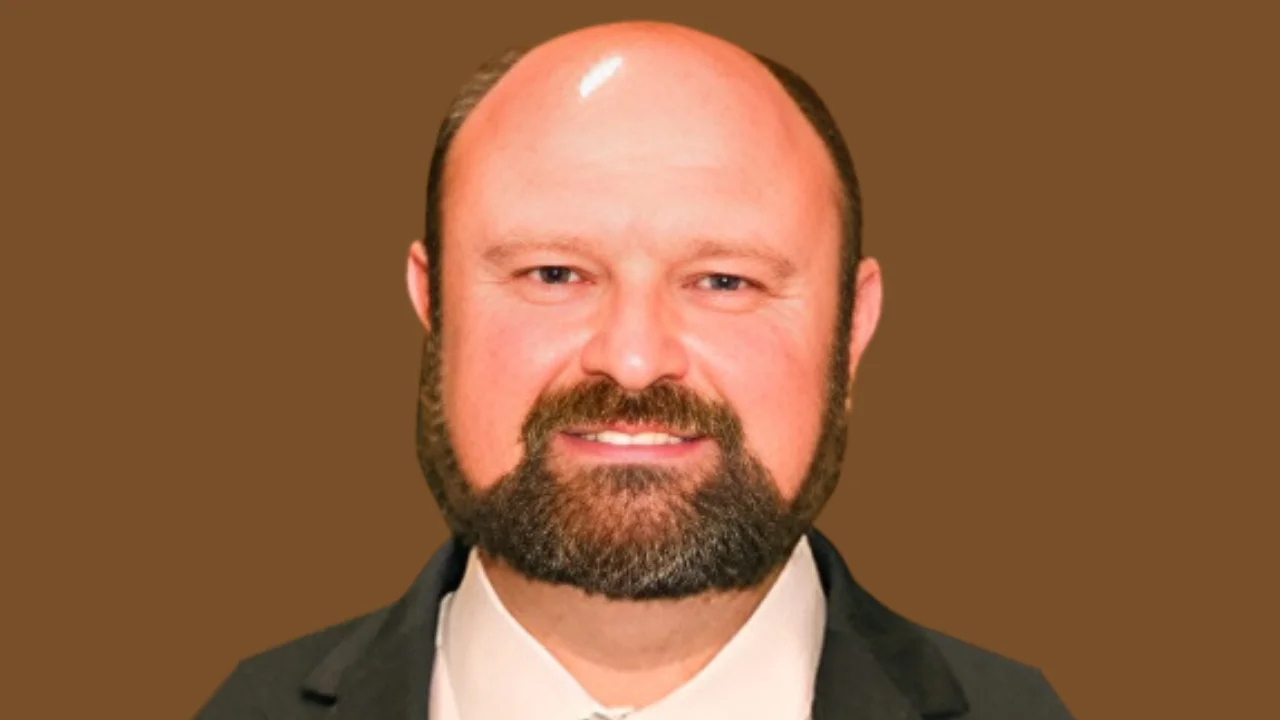
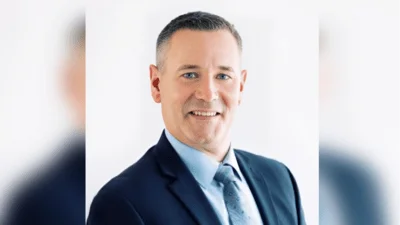
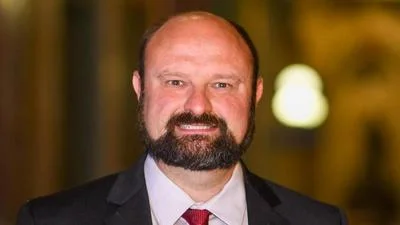
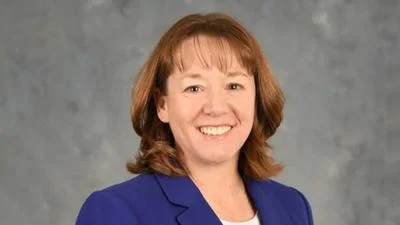

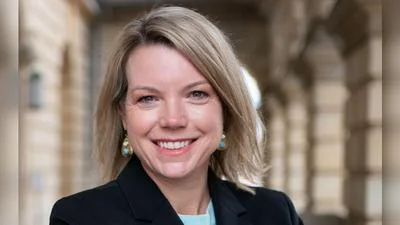
 Alerts Sign-up
Alerts Sign-up